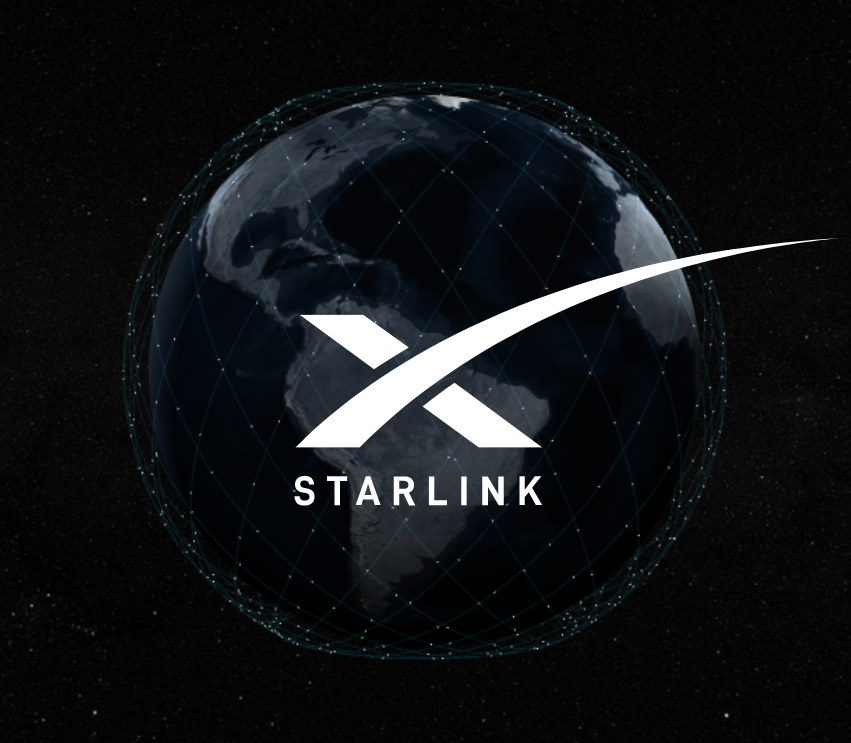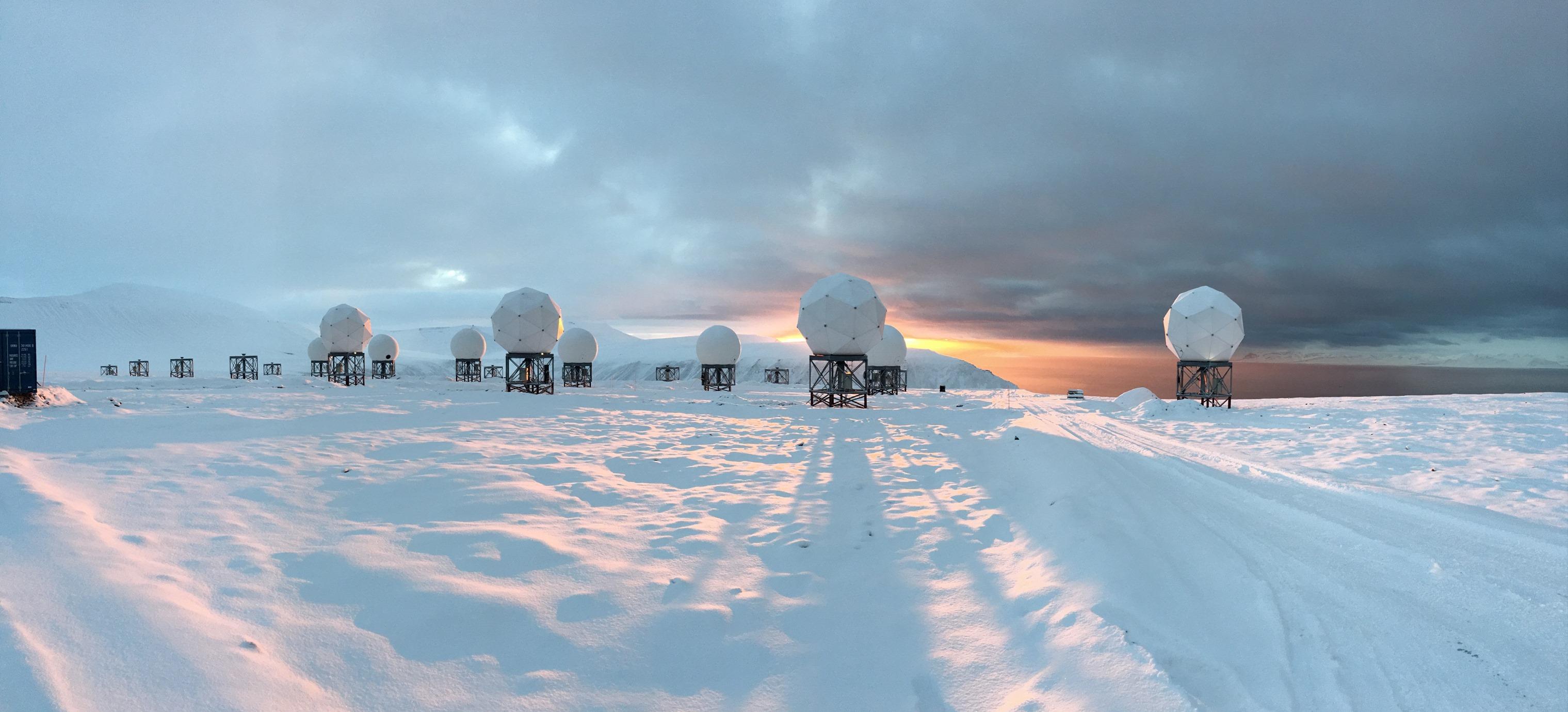Project Kuiper, Starlink, and OneWeb Duel in Satellite Internet Race
As the high-speed satellite internet race heats up, Project Kuiper, SpaceX’s Starlink, and OneWeb are fighting it out.
Oct. 26 2021, Published 12:18 p.m. ET

In a news release on Oct. 26, Amazon’s Kuiper and Verizon announced that they will collaborate on connectivity solutions that capitalize on Amazon’s advanced LEO satellite system (Kuiper) as well as Verizon’s advanced wireless technology and infrastructure. The partnership will focus on developing connectivity solutions for unserved and underserved communities. Three major players are gearing up for a fight in the satellite internet market—Project Kuiper, Starlink, and OneWeb.
High-speed satellite internet could be the next big thing in internet connectivity. It's basically a broadband internet service that uses radio waves to transmit the internet from an ISP hub to a satellite receiver dish. It's economical and feasible where terrestrial fixed and wireless communications aren't profitable.
Project Kuiper versus Starlink and OneWeb
In terms of timelines, Project Kuiper is significantly behind SpaceX’s Starlink venture and the British-Indian OneWeb venture. SpaceX has already signed up a limited number of users for the Starlink service and has about 1,800 satellites already orbiting the Earth. Meanwhile, OneWeb’s constellation is up to 358 satellites, and it plans to start service in Arctic regions as early as this winter.

Amazon’s Kuiper is trying to catch up
Amazon announced Project Kuiper in the spring of 2019. It's expected to be a network of 3,236 satellites, which it plans to use to provide high-speed internet anywhere around the world. Last year, the FCC (Federal Communications Commission) authorized the satellite launches. Amazon plans to invest more than $10 billion in Kuiper. Amazon is pitching Kuiper as the solution to remote work issues.
Space’s Starlink leads in the satellite internet space
SpaceX’s Starlink is an early leader in this market with more than 100,000 users in 14 countries. The users are participating in the beta phase, with service priced at $99 per month. It's looking for partnerships in various regions to expand its satellite broadband service. For example, in the U.K., Starlink is considering a tie-up with Vodafone.
Elon Musk also tweeted recently that SpaceX is in talks with airlines about installing Starlink. It plans to deploy a total of 12,000 satellites. SpaceX estimates that the Starlink constellation will cost roughly $10 billion. SpaceX’s Starlink broadband service is poised to emerge from the beta testing phase this month.
Musk is known to be slightly (sometimes quite) off his projections. In May 2020, he told reporters that Starlink had the potential to bring in $30 billion per year, which is around 10 times the highest annual revenue projected from its core rocket business.
OneWeb is ramping up fast
OneWeb is next when it comes to deploying satellites. The U.K.-based company got a significant cash injection from India’s Bharti Airtel Group in 2020. Currently, OneWeb has a total in-orbit constellation of 358 satellites, which is over half of OneWeb’s entire 648 LEO (low Earth orbit) satellite fleet that will deliver high-speed, low-latency global connectivity. It plans to start delivering global services by 2022 and is seeing growing demand from telecommunications providers, ISPs, and governments.

The fight between the satellite internet companies isn't just symbolic anymore. Jeff Bezos and Musk have clashed over the FCC’s rulings on satellite distribution. In January 2021, Musk tweeted, “It does not serve the public to hamstring Starlink today for an Amazon satellite system that is at best several years away from operation.”
Amazon delivered its response in a press statement, which stated, “We designed the Kuiper System to avoid interference with Starlink, and now SpaceX wants to change the design of its system.”
As the competition in the satellite internet space heats up, it's difficult to say which company will benefit and which will lose. However, as each company tries to better position itself, consumers might be the biggest beneficiaries.
